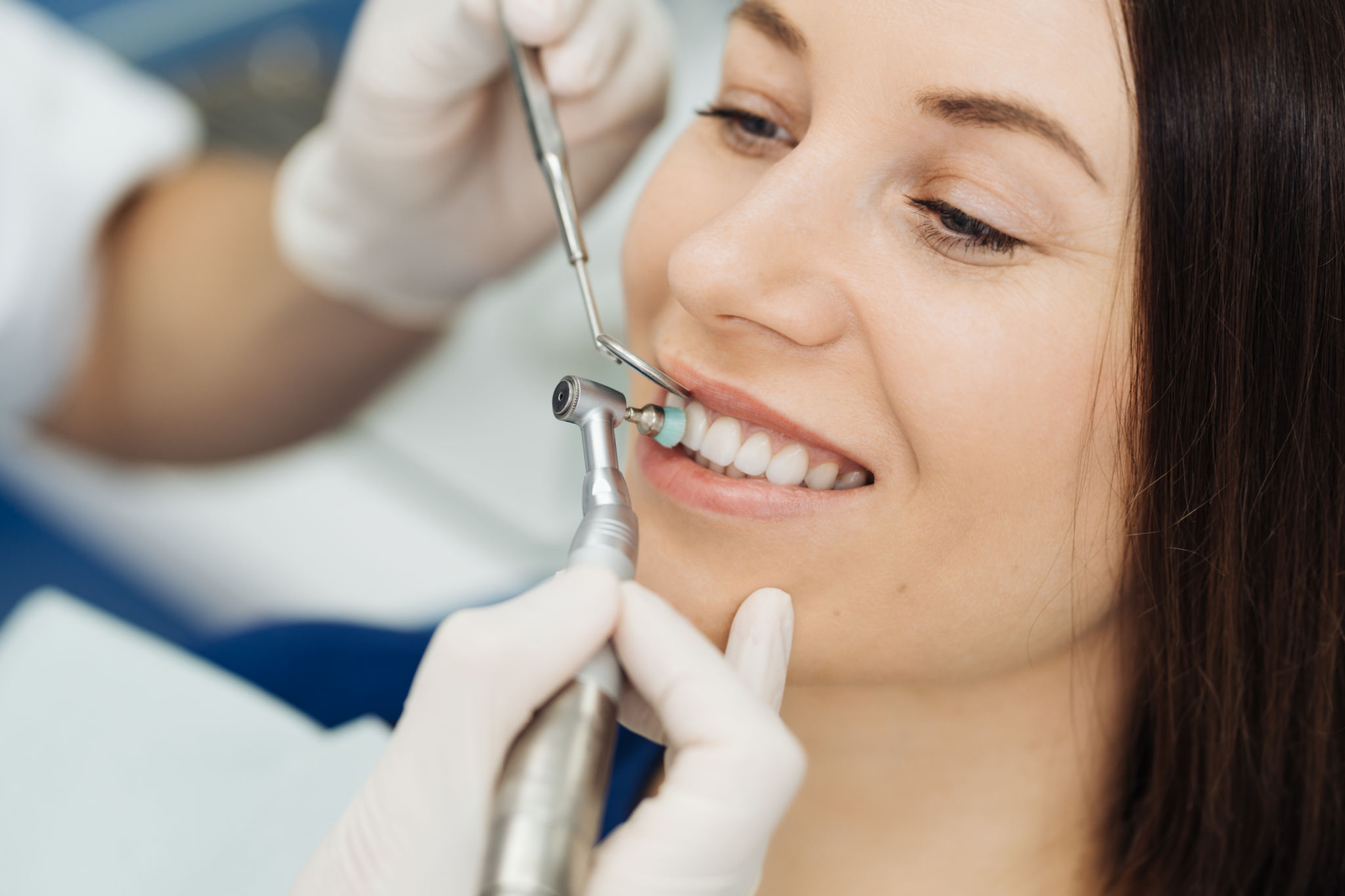Myths About Dental Care Debunked by The Family Dentist
Introduction to Dental Care Myths
Dental care is an essential part of maintaining overall health, yet many myths surround the practice. These misconceptions can lead to poor dental hygiene and unnecessary anxiety about visiting the dentist. Understanding the facts can help ensure you and your family maintain healthy smiles.

Myth 1: Brushing Harder Cleans Better
One common myth is that brushing harder will remove more plaque and clean your teeth more effectively. In reality, brushing too hard can damage your enamel and gums. It is important to use a soft-bristled toothbrush and gentle, circular motions to clean your teeth thoroughly without causing harm.
The Right Brushing Technique
Proper brushing technique involves holding your toothbrush at a 45-degree angle to your gums and moving the brush back and forth in short strokes. Make sure to brush all surfaces of your teeth, including the front, back, and chewing surfaces, for at least two minutes.
Myth 2: Sugar Is the Only Cause of Cavities
While sugar does contribute to cavity formation, it is not the sole culprit. Cavities are caused by bacteria in the mouth producing acid that erodes tooth enamel. Carbohydrates from foods like bread, crackers, and chips can also contribute to this process.

Preventing Cavities
To prevent cavities, it's crucial to maintain good oral hygiene by brushing twice a day, flossing daily, and visiting the dentist regularly. Reducing snacking between meals and choosing nutritious foods can also help minimize cavity risk.
Myth 3: You Only Need to Visit the Dentist When You Have a Problem
This myth often leads to people skipping regular dental check-ups. However, routine dental visits are essential for detecting potential issues early and maintaining oral health. Dentists can identify problems that may not be visible or cause symptoms at home.
The Importance of Regular Check-ups
Regular check-ups allow dentists to perform cleanings, check for signs of gum disease, cavities, or oral cancer, and provide personalized advice on maintaining oral health. It is generally recommended to visit the dentist every six months.

Myth 4: Bleeding Gums Are Normal
Some people believe that bleeding gums during brushing or flossing is normal, but it can be a sign of gum disease. Healthy gums should not bleed easily, and ignoring this symptom can lead to more serious dental issues.
Addressing Gum Health
If you experience bleeding gums, it's important to consult with a dentist. Improving your oral hygiene routine by brushing and flossing regularly can often resolve minor issues. However, professional treatment may be necessary for more advanced gum disease.
Conclusion: Trusting Your Family Dentist
The best way to dispel myths about dental care is by consulting with your family dentist. They can provide accurate information and personalized advice tailored to your needs. Remember, maintaining good dental hygiene is key to a healthy smile.

